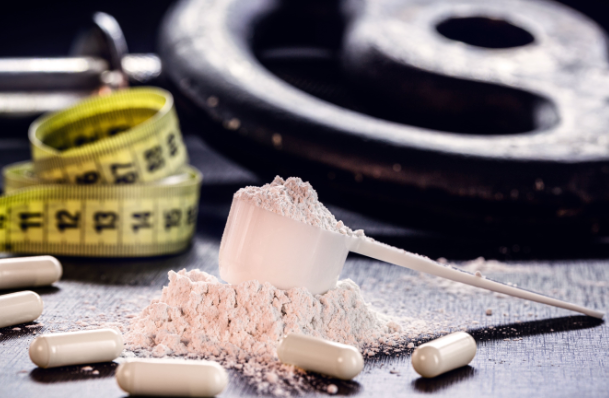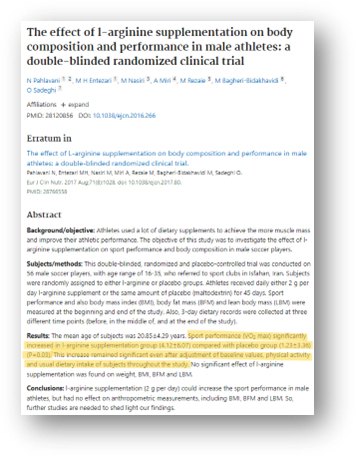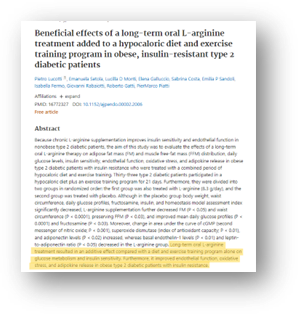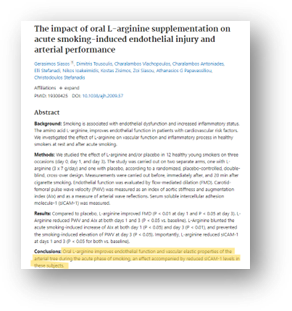“아르기닌을 섭취한 그룹은 위약군과 비교해 경기력이 눈에 띄게 향상되었다….이러한 변화는 아르기닌 섭취군의 식단, 신체활동량 등을 조절했을때도 여전했다.”
“아르기닌을 섭취한 그룹은 위약군보다 허리 둘레가 더욱 감소했으며...장기적인 아르기닌 섭취가 다이어트와 운동 프로그램만을 실시한 경우보다 더 효과가 좋은 것으로 나타났다.”
“아르기닌 경구 섭취는 흡연으로 인한 동맥 내피세포 기능과 혈관의 탄성도를 개선한다”
| ||||||||||||||||||||||||||||||||||||||||||||||||||||
[아르기닌 효능] 헬스 부스터인 줄 알았던 아르기닌의 진짜 효능은?

16,102명이 읽었어요
2024-09-13 18:12:41
본 컨텐츠는 특정 제품의 효능·효과에 대한 내용이 아닌, 성분에 대한 건강정보입니다.
해당 성분을 함유한 모든 제품에 동일한 효능·효과가 나타나는 것은 아닙니다.
본 컨텐츠는 특정 제품의 효능·효과에 대한 내용이 아닌, 성분에 대한 건강정보입니다.
해당 성분을 함유한 모든 제품에 동일한 효능·효과가 나타나는 것은 아닙니다.

Jinny 약사
비밀번호 인증
글 작성시 설정한 비밀번호를 입력해 주세요.
관련 컨텐츠
이 주제에 관심 있으신가요?
-
View. 439명이 읽었어요
에디터 추천 컨텐츠도 살펴보세요!
-
View. 6,413명이 읽었어요
장바구니에 상품을 담았어요

















